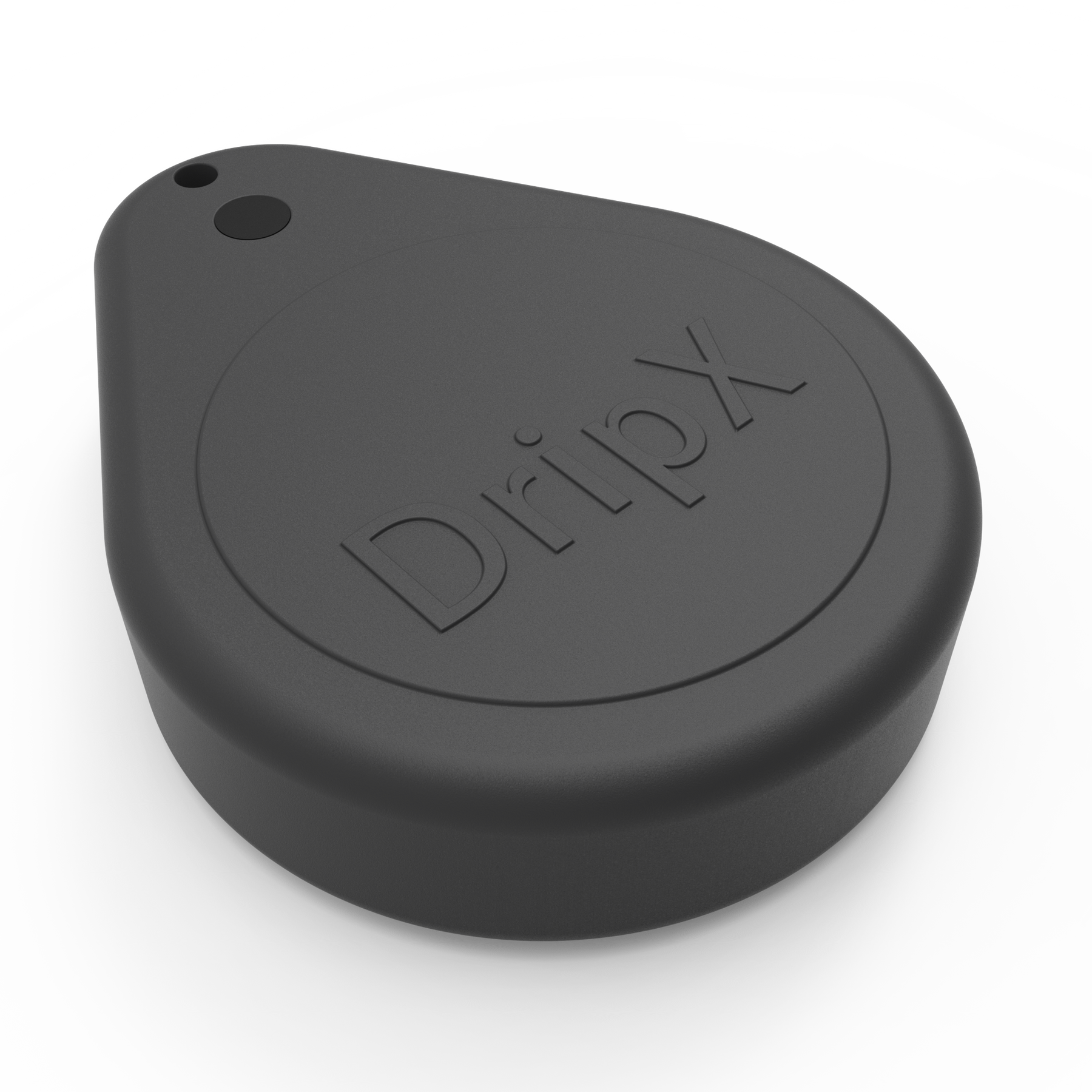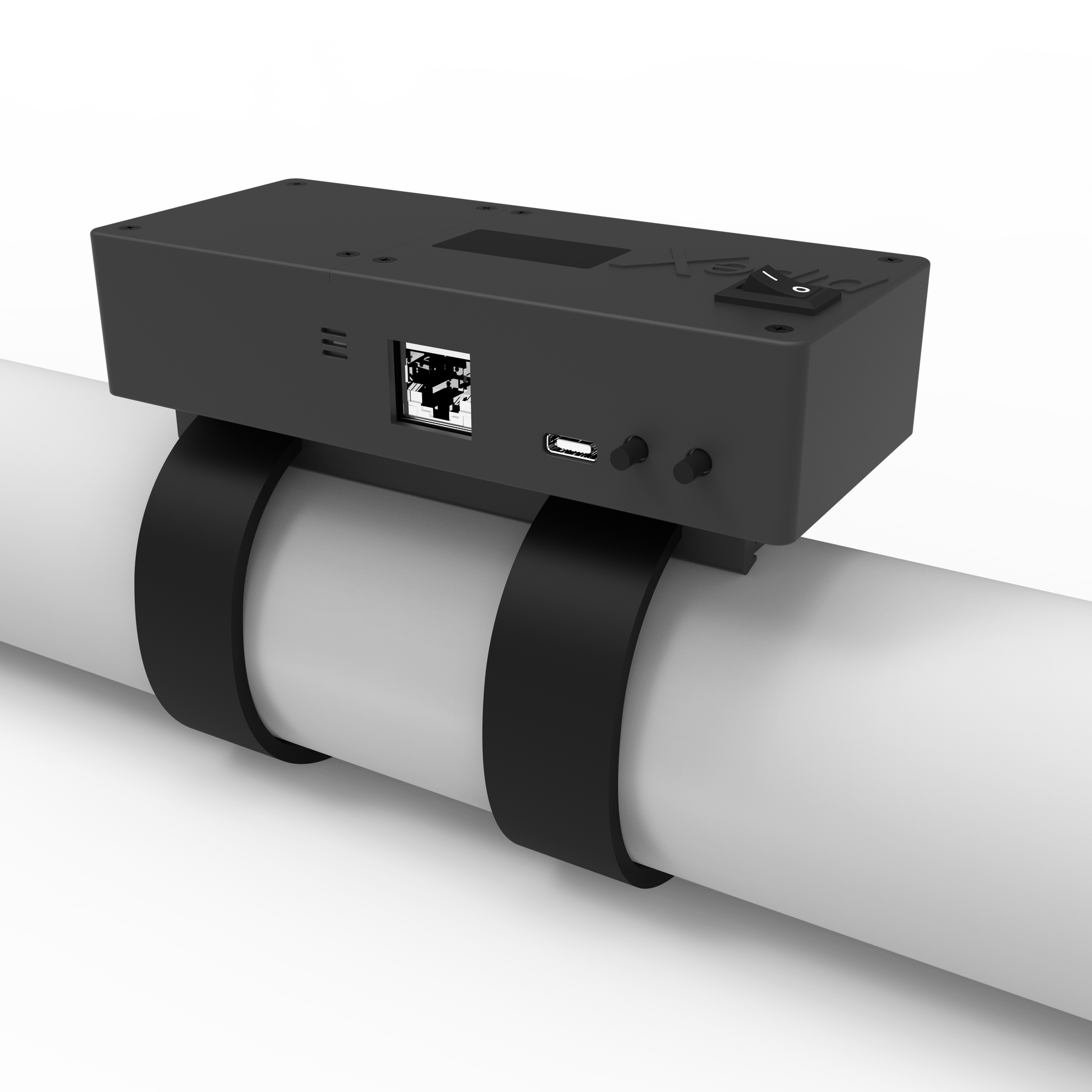Are you struggling with hard water stains in your toilet and looking for effective solutions? These stubborn stains can be unsightly and challenging to remove, but with the right approach, you can keep your toilet sparkling clean. This detailed guide will provide you with expert tips and techniques to prevent hard water stains and maintain a pristine toilet.

Understanding Hard Water Stains
Before diving into the prevention methods, it’s crucial to understand what causes hard water stains. Hard water contains high levels of minerals like calcium and magnesium, which can leave deposits and stains on surfaces over time. These minerals react with soap and cleaning agents, forming residues that are difficult to clean.

Identifying Hard Water Stains
Hard water stains typically appear as white, chalky deposits or rust-like discolorations. To effectively tackle these stains, you need to identify their presence in your toilet bowl, around the water line, and under the rim.

Why Preventing Hard Water Stains is Important
Preventing hard water stains is essential not only for aesthetic reasons but also to extend the lifespan of your toilet. Accumulated mineral deposits can damage plumbing fixtures and reduce water efficiency.
Expert Tips on How to Prevent Hard Water Stains in Toilet
Regular Cleaning Routine
A consistent cleaning routine is the first line of defense against hard water stains. Clean your toilet at least once a week using a toilet brush and a cleaning agent specifically designed for tackling mineral deposits.
Use Vinegar and Baking Soda
Vinegar and baking soda are natural cleaning agents that can help prevent hard water stains. Pour a cup of vinegar into the toilet bowl, let it sit for a few hours, then scrub with a brush. Sprinkle baking soda for an added cleaning boost.
Install a Water Softener
Installing a water softener can drastically reduce the mineral content in your water, preventing hard water stains from forming. A water softener system removes calcium and magnesium ions, delivering softer water that is gentler on your toilet surfaces.
Use Commercial Cleaners
There are several commercial cleaners available that are specifically formulated to tackle hard water stains. Choose a cleaner recommended for your specific toilet type to ensure effective stain prevention.
Toilet Tank Tablets
Toilet tank tablets are designed to release cleaning agents with each flush. These tablets can help prevent the buildup of hard water stains and keep your toilet clean between regular cleanings.
Regularly Flush Your Toilet
Flushing your toilet frequently prevents stagnant water from allowing mineral buildup. Encourage regular flushing in households to maintain the cleanliness of your toilet bowl.
Invest in a Quality Toilet Brush
A high-quality toilet brush can make a significant difference in preventing and removing hard water stains. Opt for brushes with sturdy bristles that can reach under the rim and around the water line.
How to Address Existing Hard Water Stains
Use a Pumice Stone
A pumice stone is an effective tool for removing tough hard water stains. Wet the stone and gently scrub the stained areas to lift the deposits without scratching the porcelain surface.
Hydrogen Peroxide
Hydrogen peroxide can help dissolve hard water stains. Pour a cup of hydrogen peroxide into the toilet bowl, let it sit for about 15 minutes, then scrub and flush.
Commercial Stain Removers
For persistent hard water stains, consider using commercial stain removers that are specifically designed to tackle mineral deposits. Ensure you follow the manufacturer’s instructions for safe and effective results.
Natural Remedies for Hard Water Stains
Lemon Juice
Lemon juice is a natural acid that can help break down hard water stains. Squeeze fresh lemon juice into the stained areas, let it sit for several minutes, then scrub and rinse.
White Vinegar
White vinegar is a powerful natural cleaner. Pour vinegar into the toilet bowl, let it sit overnight, then scrub and flush to remove stains without harsh chemicals.
Preventive Maintenance Tips
Regular Inspections
Conduct regular inspections of your toilet to catch any signs of hard water stains early. Addressing stains promptly can prevent them from becoming more challenging to remove.
Water Filtration Systems
Consider installing a water filtration system for your entire home. These systems can remove minerals from your water supply, preventing hard water stains and improving overall water quality.
Stay Informed About Your Water Quality
Knowing the hardness level of your water can help you take precautionary measures. You can test your water or check with your local water provider to understand its mineral content.
Professional Cleaning Services
If hard water stains persist despite your best efforts, consider hiring professional cleaning services. Experts have specialized tools and techniques to effectively address stubborn stains.
Frequently Asked Questions
What causes hard water stains?
Hard water stains are caused by high mineral content, specifically calcium and magnesium, in your water supply. These minerals leave deposits that form stains on surfaces over time.
Can hard water stains damage my toilet?
Yes, over time, hard water stains can cause damage to plumbing fixtures and reduce water efficiency. Preventing and removing these stains is essential for maintaining the lifespan of your toilet.
How often should I clean my toilet to prevent hard water stains?
To effectively prevent hard water stains, it’s recommended to clean your toilet at least once a week. Regular cleaning routines and preventive measures can keep your toilet free from stubborn stains.
Conclusion
Preventing hard water stains in your toilet is an essential aspect of home maintenance. By following these expert tips and techniques, you can maintain a clean and stain-free toilet. Remember to stay consistent with your cleaning routine, use appropriate cleaning agents, and consider installing water softeners or filtration systems for long-term prevention.
As an Amazon Associate, I earn from qualifying purchases.
For more information on green construction practices, visit green practices, recycled materials, and LEED certification.



